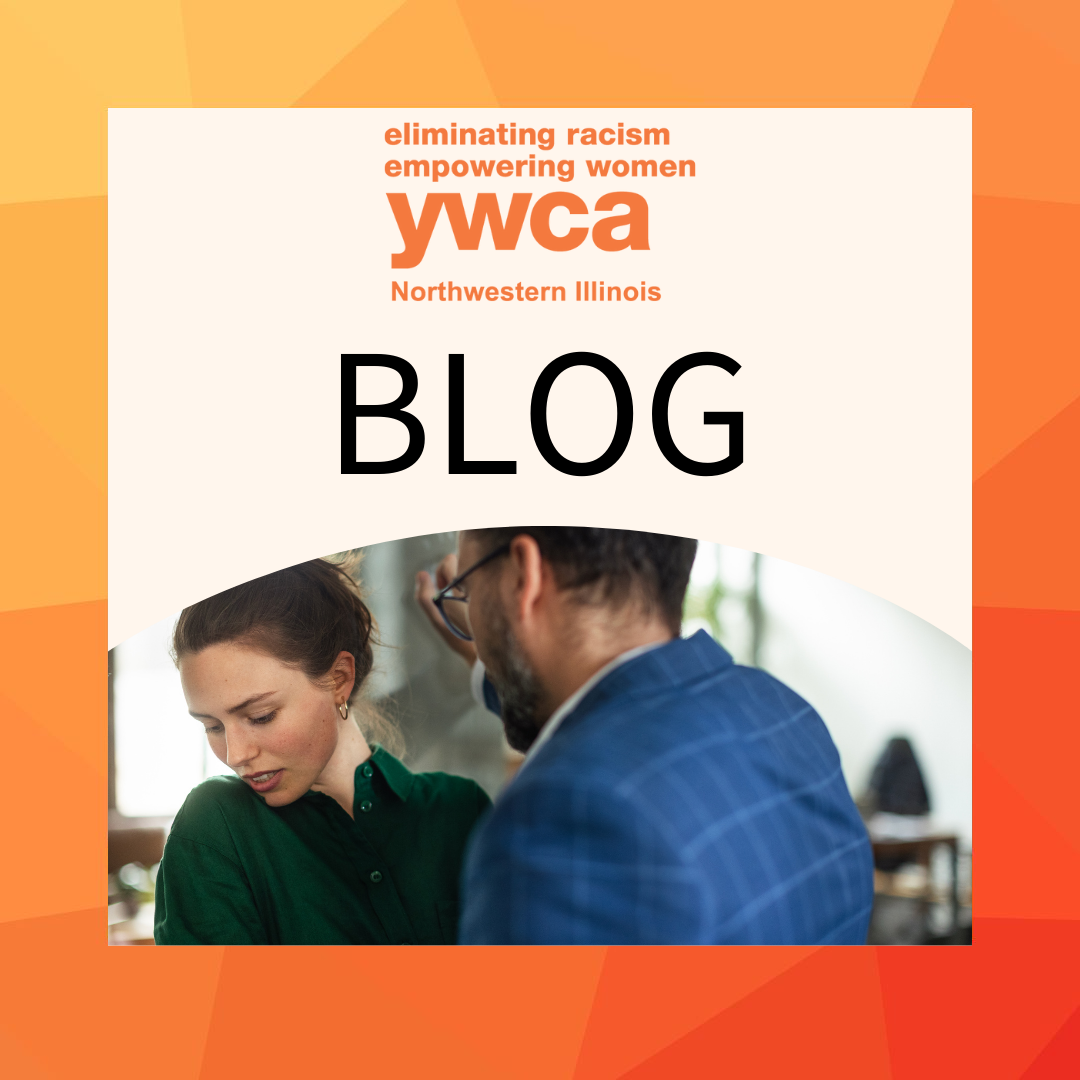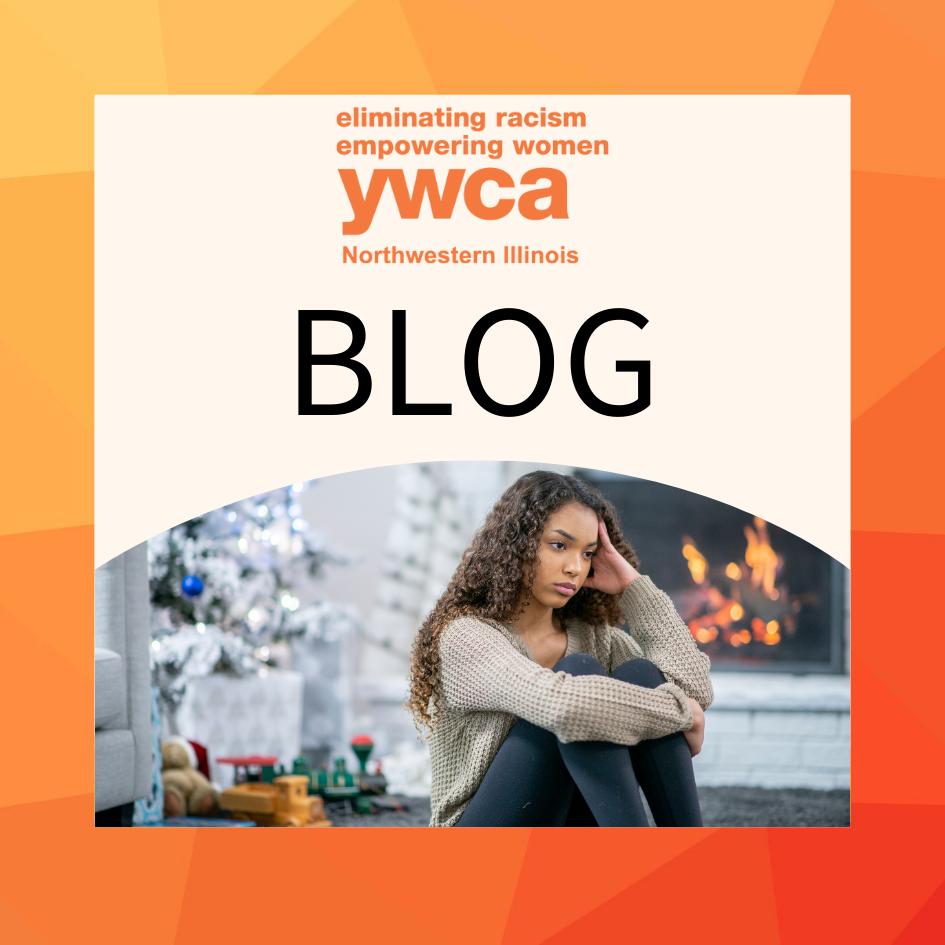Abusive relationships can be incredibly complex, and for some people, it can be difficult to differentiate between love and toxic dynamics of abuse. Love is often viewed as one of the most beautiful and fulfilling experiences in life. However, not all relationships are built on healthy foundations. Some are damaging, manipulative, and emotionally draining. The confusion between toxic behavior and love is not only common but also harmful. Recognizing the difference between love and toxicity is essential for personal growth and emotional well-being.
Understanding Toxicity
- One of the most significant reasons people confuse toxic relationships with love is the intensity of the emotions involved. In many toxic relationships, a harmful pattern known as the “cycle of abuse” comes into play. This cycle typically consists of tension-building, an abusive action (whether emotional or physical), and the “honeymoon phase” where the abuser expresses remorse, makes promises to change, or shows affection. The victim may feel relieved during this calm phase, interpreting the abuser’s apologies and gestures as signs of love.
- Toxic partners often blur the line between care and control. A partner who constantly demands your attention, makes you feel guilty for spending time with others, or pressures you to do things against your will is not acting out of love but out of a need to control.
- Gaslighting is another toxic behavior that can be confused with love. In a gaslighting situation, the abuser manipulates the victim into questioning their own reality, memory, or feelings. Abusers say things like “You’re too sensitive” or “That never happened” can make the victim doubt themselves, leading them to believe that the abuse is not real or that they are somehow responsible for it.
- Low self-esteem and a lack of self-worth are often key factors that contribute to confusion between love and toxicity. If a person doesn’t feel deserving of love, they may accept abusive or harmful behaviors because they feel that they don’t deserve anything better. The toxic partner may prey on these insecurities, reinforcing feelings of inadequacy or unworthiness.
Understanding Love
- A healthy relationship is built on mutual respect. This means treating each other as equals, valuing each other’s opinions (even if they are different than yours), boundaries, emotional support and needs.
- Love can be expressed through physical affection, which can range from holding hands, hugging, kissing, and cuddling, to more intimate forms of touch.
- Trust is one of the most important factors of love in an intimate relationship. It is built through honesty, transparency, and consistency. When both partners trust each other, they feel safe (you can come to your partner for anything and everything) and secure in their relationship.
- A loving relationship isn’t just about emotional support and commitment it’s also about enjoying each other’s company. Laughing together, sharing inside jokes, and doing fun activities helps create a joyful, carefree bond.
- Love involves accepting your partner for who they are (not trying to change them), including their flaws, mistakes, and imperfections (what imperfections? LOL). In an intimate relationship, love is shown by embracing your partner’s true self without trying to change them.
In conclusion, toxicity can refer to anything that is harmful to one’s wellbeing. The key aspect of toxicity is that it negatively impacts the health, safety, and emotional stability of the people involved. True love in a relationship is based on respect, trust, empathy, support, and the willingness to grow together. While the expressions of love may vary from person to person (highly recommend reading the book The 5 Love Languages), the core elements of care, connection, and mutual respect are what make a relationship healthy and enduring.
VIVA EL AMOR! LONG LIVE LOVE! VIVA L’AMORE! VIVE L’AMOUR!
If you’re experiencing abuse, or know someone who is experiencing abuse let them know they are not alone, and help is available.
YWCA Northwester IL: 1-(815) 484-9442 EXT.306
Remedies Renewing Lives: 1-(815) 962-6102
National Domestic Violence Hotline: 1-(800) 799-7233
Please remember all calls are confidential.
-Estefania Barrientos, YWCA Northwestern Illinois PAIP Coordinator/Parent Educator




